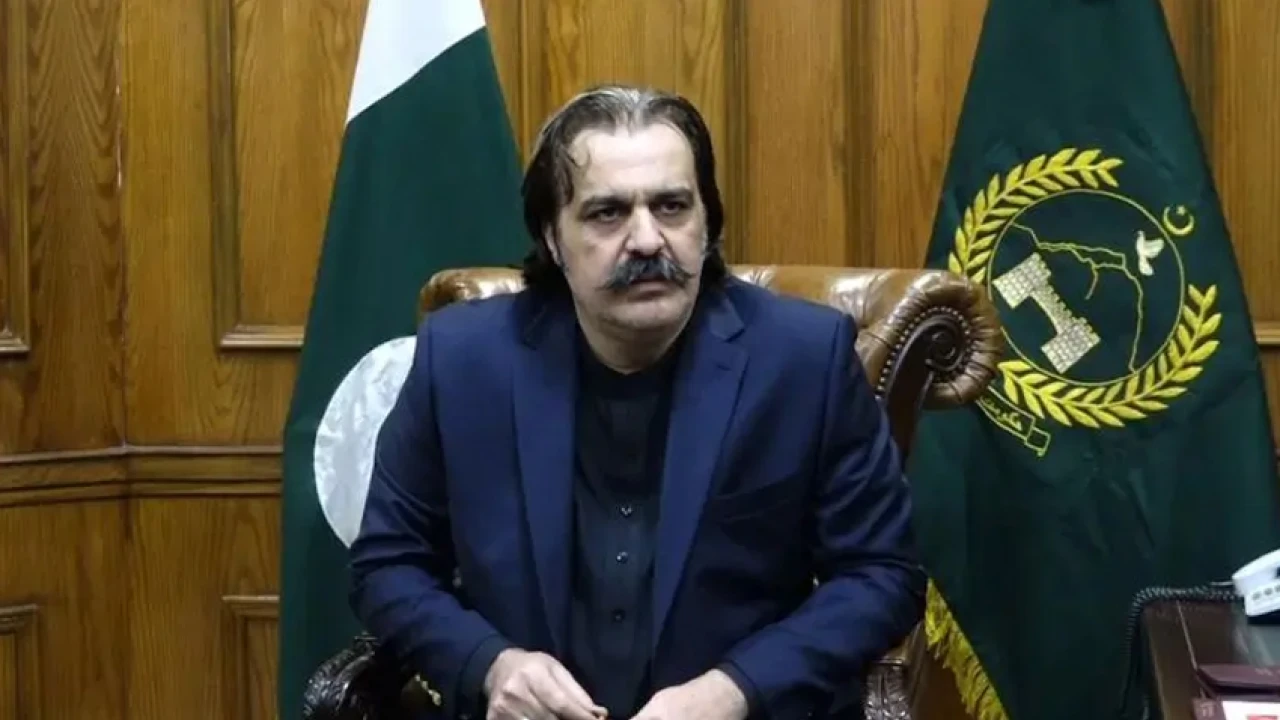In a significant and positive development, the Chief Minister of Khyber Pakhtunkhwa (KP), Ali Amin Gandapur, has reached an understanding that allows him to maintain his party’s political stance while collaborating with Islamabad on governance and administrative matters. This breakthrough marks a notable achievement in the context of Pakistan’s current political landscape, where tensions between the centre and KP have been palpable since the general elections.
The province of KP, governed by the Pakistan Tehreek-e-Insaf (PTI) party, has had numerous clashes with the federal government over various issues, including reserved seats, provincial funds, an electricity supply crisis, and exclusion from the Special Investment Facilitation Council (SIFC) meetings. Peshawar has been vocal in demanding its rights and a seat at the table. However, recent events suggest that both the federal and provincial governments have managed to find common ground.
On Saturday, Chief Minister Gandapur attended the SIFC meeting for the first time, marking a significant step forward. The federal information minister later praised the development, noting, “I think today’s meeting was held in a very cordial atmosphere with great positivity. I think the good thing is that a message of unity was sent after today’s SIFC meeting that the centre and the provinces are on one page.”
Mr Gandapur echoed this sentiment, describing the meeting as “very good” and emphasizing that his province’s resources should benefit both its residents and the country at large. Following the meeting, he briefed PTI chief Imran Khan about the discussions during a visit to Adiala Jail.
Further progress was evident on Monday when the KP chief minister reached an agreement with the federal ministers of interior and power to address the province’s power issues, signaling a shift from the previously confrontational stance. Both parties announced a mutually acceptable solution to tackle prolonged load-shedding, primarily caused by rampant power theft. Gandapur committed to mobilizing his party to lead the initiative, while the federal government agreed to provide some relief and relaxations.
When asked about the reasons behind this sudden thaw, Mr Gandapur explained that the discussions were negotiations between institutions rather than individuals or their political affiliations. This pragmatic approach underscores the importance of prioritizing the welfare of ordinary people over political differences.
This cooperative spirit between KP and the federal government is a commendable development. By setting aside their differences for the greater good, the KP government has taken a mature stance that bodes well for the future. It is hoped that this small change will pave the way for more substantial progress, ultimately benefiting the residents of KP and the nation as a whole.
